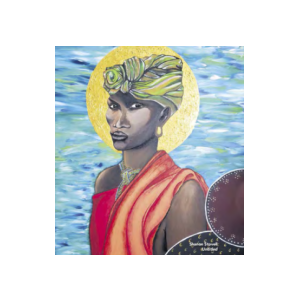Community Conversations
Community Tampa Bay created Community Conversations to be responsive the needs of the community. Driven by need, these pop-up conversation programs create space for the community to come together and discuss timely issues with the professional facilitation by Community Tampa Bay trained facilitators.
MLK Jr. Interfaith Service
On Sunday, January 18th, faith and community leaders held the 37th Annual Reverend Dr. Martin Luther King Jr. Interfaith Service at the Mount Calvary SDA Church in Tampa. The longstanding program brought together leaders from various religious and spiritual communities to honor the life and legacy of Dr. King, and reflect on his commitment to peace, justice, and equality. Watch the video from the event to hear Community Tampa Bay youth share prayers for peace.
Commemorating the 70th Anniversary of Brown v. Board of Education
Throughout the state of Florida, Community Tampa Bay and the Tampa Bay Times Newspapers in Education joined forces with past chapters of NCCJ (National Conference of Christians and Jews, later became National Conference for Community and Justice) to put on four in-person events commemorating the 70th anniversary of Brown v. Board of Education (May 17, 1954-May 17, 2024). Community Tampa Bay partnered with Mosaic Miami, OneJax, both past NCCJ chapters, and the Florida State University Civil Rights Institute for the in-person events. In addition to the four in-person events, the Tampa Bay Times Newspapers in Education and Florida Press Educational Services created an educational publication aligned with the Florida Standards for high school students.The publication was provided to high schools in the Tampa Bay, Jacksonville, Miami, and Tallahassee areas and is available online for free download.
Huddle For Change: Criminal Justice Panel
The panel on Criminal Justice and Race Equity will include:
St. Pete Police Chief Anthony Holloway
Ret. Pinellas County Circuit Court Judge Myriam Irizarry
Florida Policy Institute policy expert Tachana Joseph-Marc
Criminal Justice Advocate Walter Dunn III
CEO and President of Abe Brown Ministries, Robert Blount
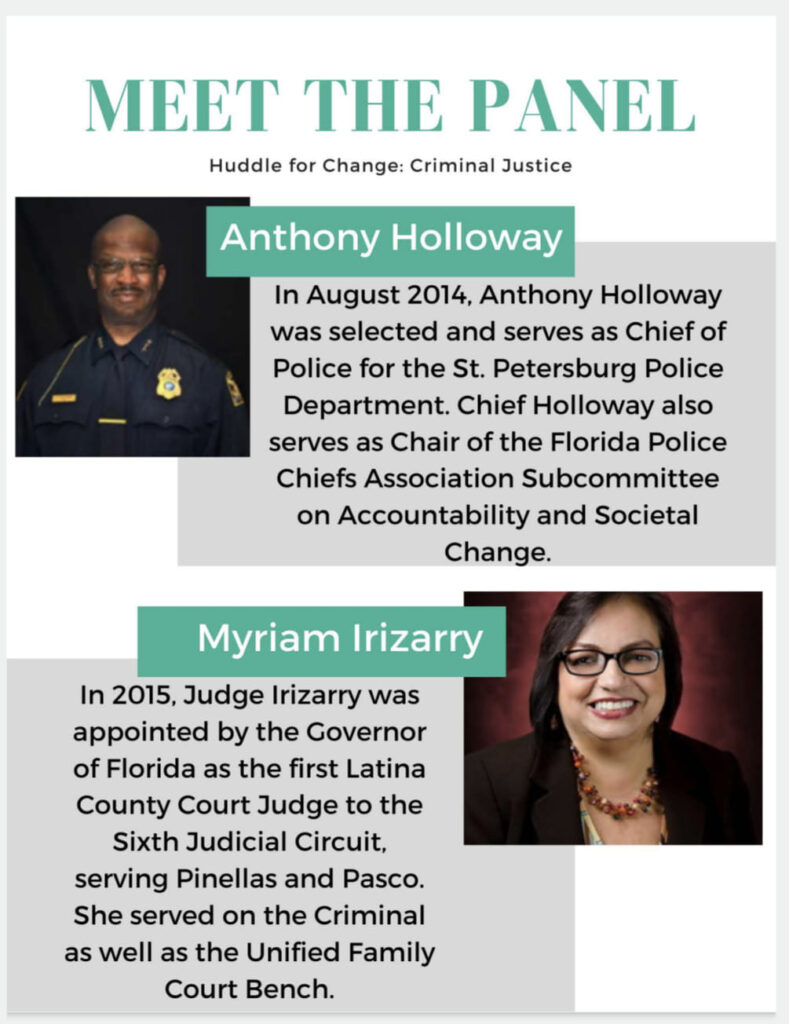
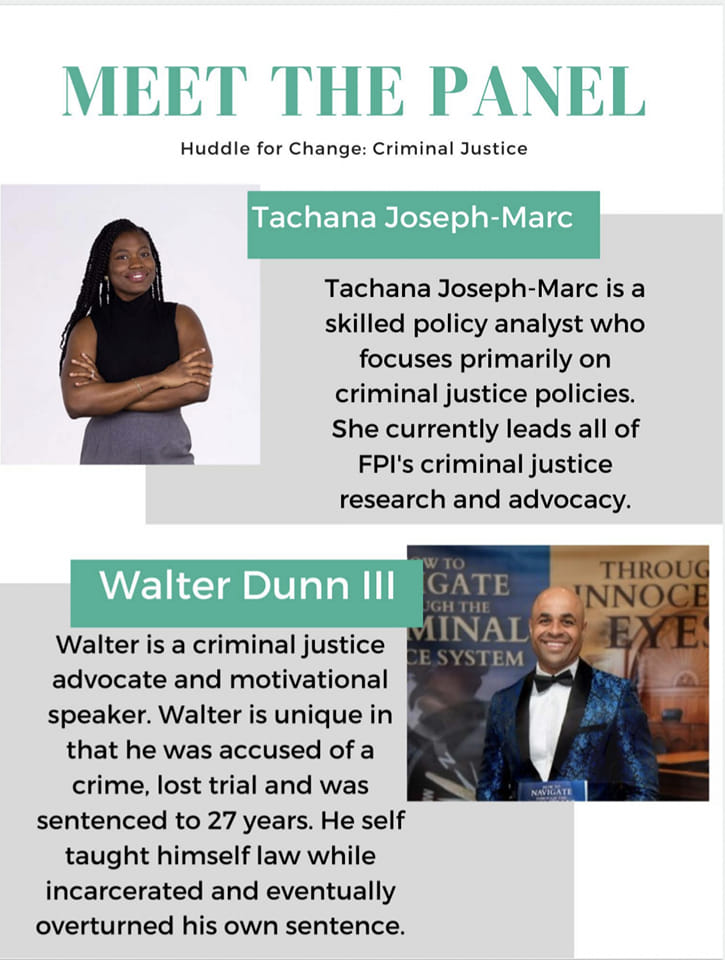

What Is “Huddle For Change”?
“Huddle for Change’ is a partnership between the Super Bowl LV Host Committee, NFL Inspire Change, and Community Tampa Bay to welcome community members and local leaders to participate in an open and honest discussion about systemic racism and racial inequalities.
Huddle for Change is a community-wide dialogue between various community stakeholders. The evidence-based programming will draw from recent studies conducted by the Tampa Bay Partnership, including the Tampa Bay Racial Sentiment Survey and Regional Equity Report conducted by Down & St. Germain Research.
Community Tampa Bay will partner with local grassroots activists, non-profit organizations, academic institutions, corporations, and business leaders to discuss the data findings, their own lived experiences, and tangible action steps our community can implement to eliminate systemic injustices in the Tampa Bay community.
What Topics Are Being Discussed In The “Huddle For Change” Event Series?
The six-part series is designed to intentionally engage individuals of all ages in cross-cultural interaction with those who don’t look like them, live like them or love like them. The initiative aims to have a positive impact on relationships across identities and reduce behaviors informed and perpetuated by stereotypes.
Huddle for Change falls under the Forever 55 legacy Program’s Systemic Justice pillar, one of six designed to give back to the Tampa Bay community and leave a lasting impact, long after the Super Bowl has been played.
The following topics will be discussed in the series:
- The Wealth Gap
- Mental Health
- Physical Health & Wellness
- Criminal Justice System
- Education

Creating Community Through Allyship
Despite the region’s diversity, many people of all regions have few relationships outside their own faith groups. This can lead to a lack of understanding and a less-unified community.
What Is Pathways to Understanding?
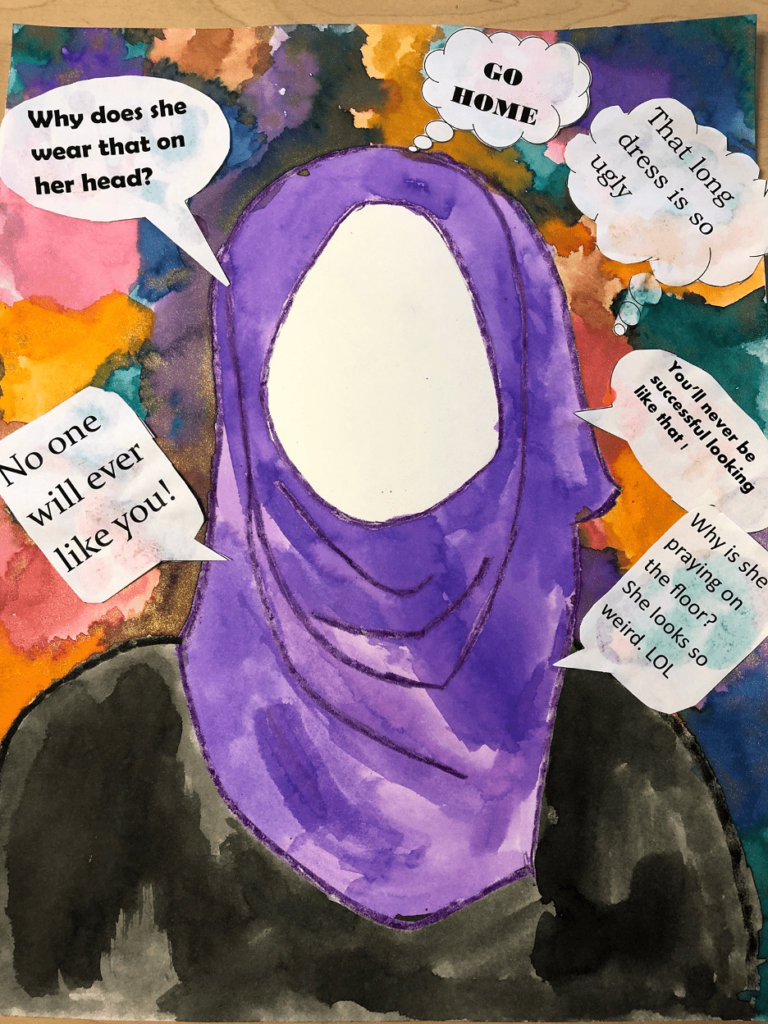

Why Is Pathways to Understanding so Important?
Islam In The World
- Islam is the world’s second-largest religion, with 1.8 billion followers.
- About one-quarter of the world’s population is Muslim.
- The Southeast Asian nation of Indonesia has the world’s largest Muslim population.
- Most of the world’s Muslims live in Asia, the Middle East and Africa.

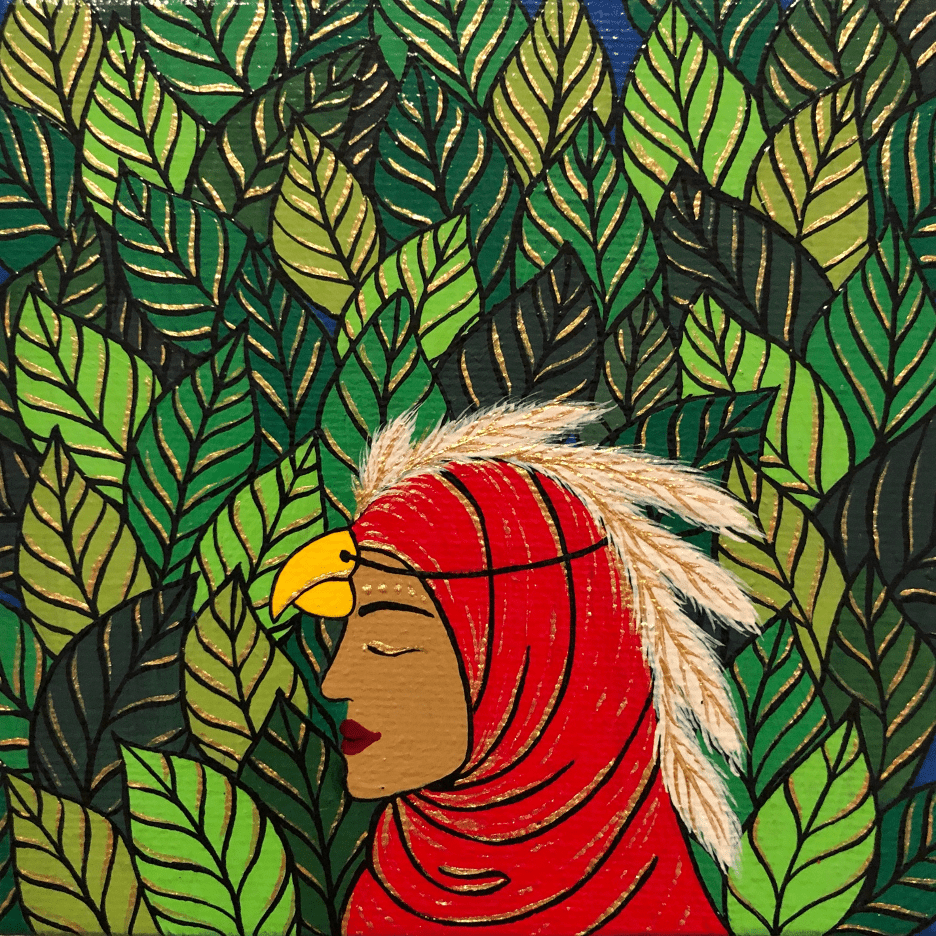
Islam In America
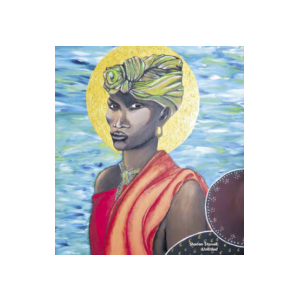
Myth #1: All Muslims are Arabs
A Muslim is a follower of the Islamic religion. Muslims can be any ethnicity and nationality. Worldwide, the Southeast Asian nation of Indonesia has the

Myth #2: Muslim women have no rights
This is definitely one of the most common misconception about Muslims. It’s important to realize the difference between cultural influences and religious
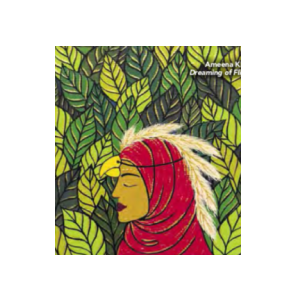
Myth #3: Islam promotes terrorism and violence
Although some terrorist groups self-identified as Muslim, mainstream Muslims in the United States and around the world reject the ideology of Islamic


